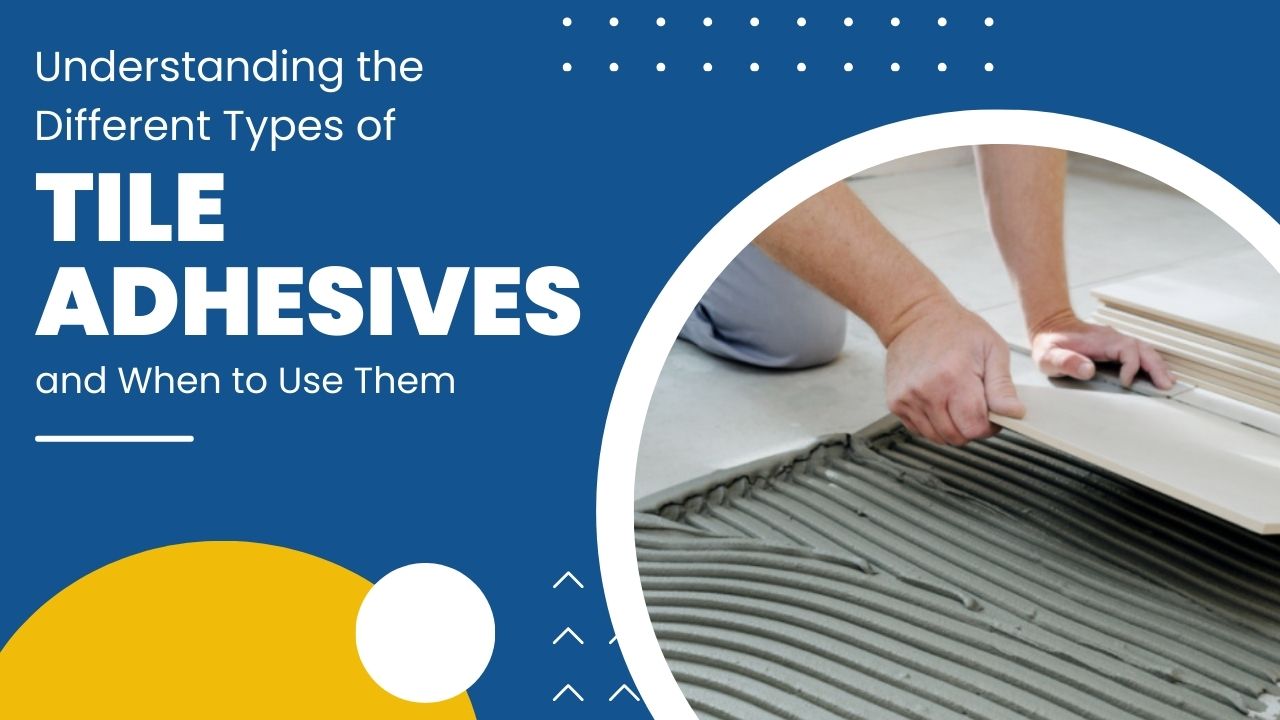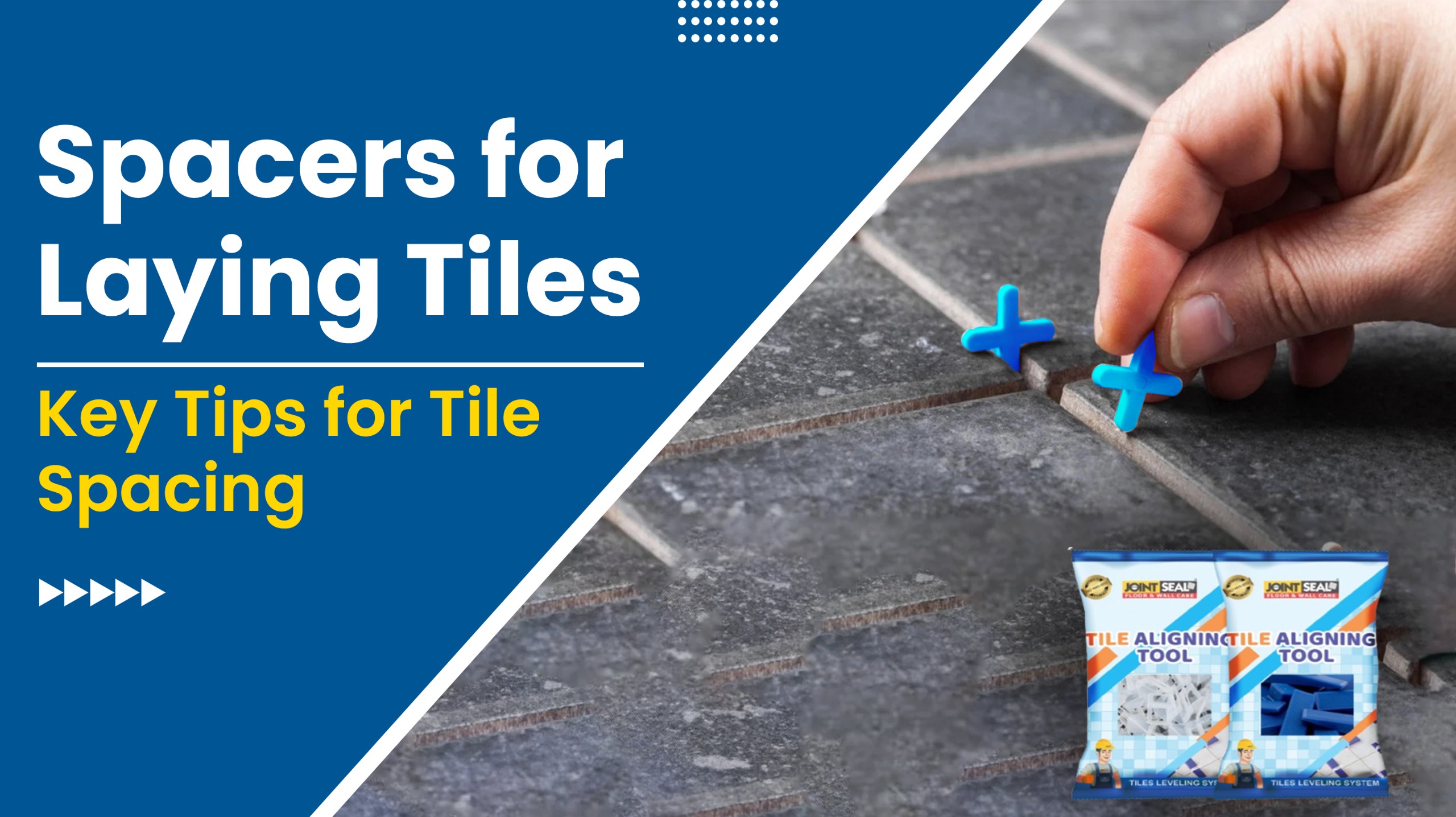
Understanding the Different Types of Tile Adhesives and When to Use Them
Tile adhesives provide the crucial bond that keeps tiles firmly in place. However, not all tile adhesives are made equally and knowing which kinds are available can affect how well your job turns out. Joint Seal, the leading brand in Western India in Waterproofing compounds, adhesives and construction chemical additives, provides information about different kinds of tile adhesives. In this blog, we will learn about tile adhesives and when to use them so that you have enough knowledge for planning your tiling projects.
Cement-Based Tile Adhesives
These are the most popular kinds of adhesives and work well for the majority of indoor tile installations.
They are powdered and mixed with water to make a paste while fixing tiles.
They are perfect for attaching natural stone, ceramic, and porcelain tiles to substrates including concrete, cement backer board and some kinds of wood.
They are perfect for attaching natural stone, ceramic, and porcelain tiles to substrates, including concrete, cement backer board and wood.
Do not use them in locations like toilets or outside that are subject to temperature changes or moisture since they might not offer enough flexibility.
Modified Cement-Based Tile Adhesives
These adhesives are made of cement and are comparable to ordinary cement adhesives, but they have additional polymers or additives added to improve water resistance, flexibility, and adherence.
They function better in damp environments, including kitchens, baths, and outdoor spaces.
They are ideal for attaching tiles to surfaces, such as plywood, concrete, and pre-existing tiles.
Epoxy Tile Adhesives:
Epoxy adhesives are perfect for heavy-duty applications and places where there is a lot of moisture or chemical exposure since they are incredibly robust and lasting.
The two components (hardener and resin) need to be combined right away before usage.
Epoxy adhesives offer superior waterproofing, chemical resistance, and bond strength.
They fix glass or metal tiles in commercial kitchens, labs, and swimming pools.
Organic Mastics:
Premixed adhesives with a thick, paste-like consistency are called organic mastics.
In dry, low-traffic areas, these adhesives fix lightweight, glass mosaic or tiny ceramic tiles.
Applying organic mastics to plasterboard, plywood and smooth substrates is simple and results in good adherence.
However, because of their low flexibility and water resistance, they are not appropriate for heavy-duty applications or damp environments.
When to Use Each Type
Adhesives based on cement or modified cement are appropriate for most indoor tiling projects, such as living rooms, kitchens and corridors. They provide a good mix of performance, usability, and cost.
Epoxy adhesives work best in harsh settings where maximum strength, durability, and waterproofing are needed, including industrial buildings, swimming pools, and commercial kitchens.
Use organic mastics for small-scale interior applications with little to no moisture exposure, including backsplashes, accent walls, or drywall tiling.
Conclusion
For your tile project to be successful and last a long time, selecting the appropriate tile adhesive is crucial. You can choose the best tile adhesive from Joint Seal for your project to stay assured that your tiles will remain securely in place for many years.


